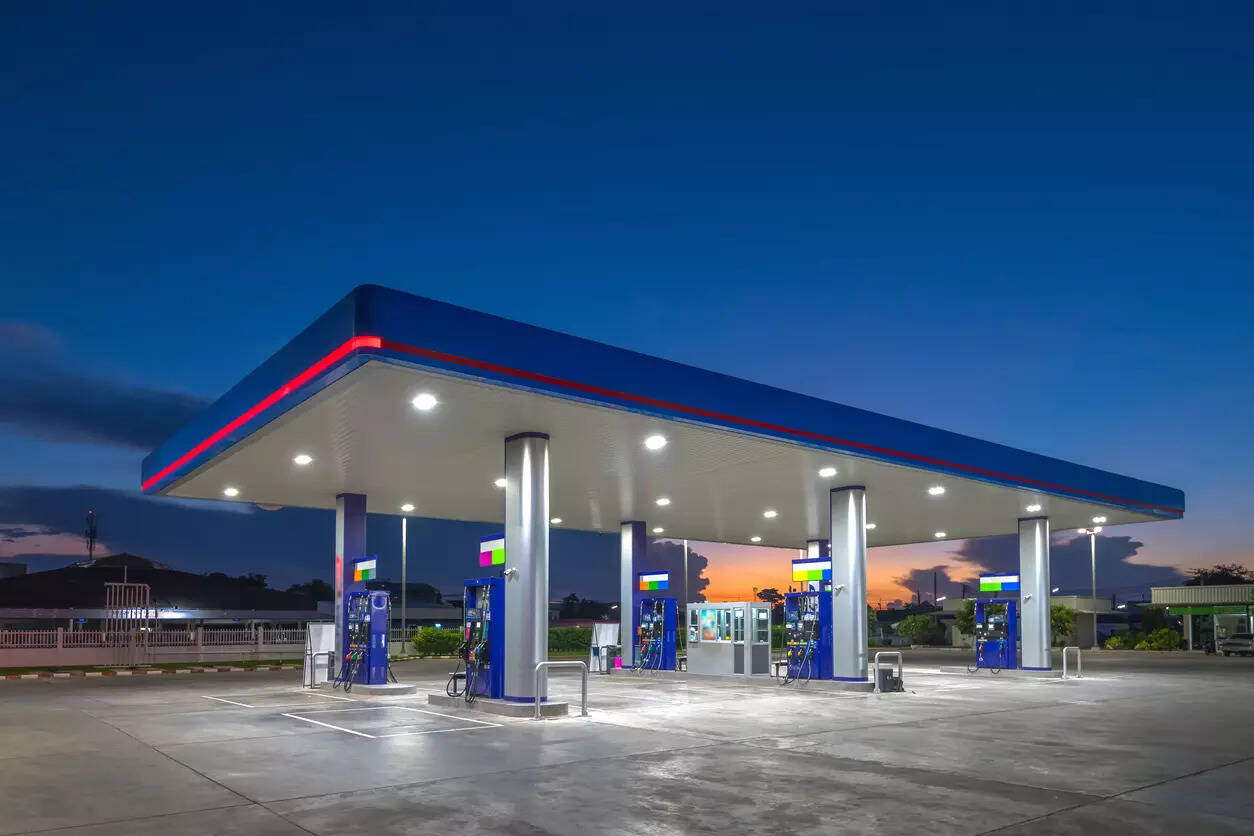
For decades, fuel station areas have experienced the highest congestion due to traffic and a separate, long queue of vehicles waiting outside for fuel. However, in an era where real-time information is what keeps the economy moving, fuel stations can’t remain stuck in old, traditional ways, causing traffic jams and affecting lives.
Today, fuel stations are no longer a passive infrastructure; rather, they are becoming intelligent hubs, equipped with sensors, analytics, and real-time decision-making capabilities, which not only empower their own operations but also have the capabilities to shift gears to move congestion on the roads, especially the ones waiting in line for fuel, redirect them, and encourage smarter flow in the mobility ecosystem.
And for both vehicles and the ecosystem around them, this intelligence is fast becoming a strategic advantage. Because when a vehicle connects with a smart fuel station, it’s not just topping up on fuel. It’s tapping into a system of operational intelligence that shapes better decisions, faster routes, and smoother journeys.
What are the vehicle owners expecting?
The two major factors that make fueling intelligence indispensable are the time it saves and the transparency it offers.
Fuel stations, especially in high-density regions, often experience unpredictable demand and congestion. For consumers, this results in frustrating wait times. For commercial vehicles, it results in unprecedented delays.
The vehicle owners on the roads today are no longer living in a void. Every individual behind the wheel has access to navigation, real-time traffic updates, and life priorities. Moreover, the vehicles they are driving are no longer just mechanical systems, but sophisticated systems with IoT capabilities. In this environment, it’s no longer acceptable for fuel stations to exist in a data vacuum.
Fleet operators, logistics platforms, and even taxi service providers are now building strategies around fueling predictability. For them, knowing which stations have shorter queues, faster turnarounds, and verified fuel availability is not just a convenience; it’s a cost and time-saving edge. It’s here that fuel station intelligence offers not only comfort but also peace of mind.
So, why is intelligence important today?
This shift isn’t just about making life easier. It’s about aligning fuel infrastructure with the broader strategy of mobility efficiency.
When fuel station intelligence is available for an individual driver, fleet operator, or commercial vehicles, either through third-party apps or management dashboards, it starts influencing:
- Route optimisation based on congestion and fueling needs,
- Fuel cost planning based on consumption trends and station performance, and
- Predictive maintenance based on refueling behaviour and patterns.
In other words, fuel stations can enable easy movement rather than being hubs of congestion on a vehicle journey. And, also become value-generating pit stops, contributing to sustainability targets, comfort, better air quality, and reduced pollution.
Is the future smart enough?
The convergence of EV charging infrastructure, smart highways, and AI-led logistics makes one thing clear: vehicles are getting smarter, but the infrastructure they rely on must match pace. Today, consumers are struggling due to a lack of information. If we can imagine a future where our vehicles could alert us not only when we’re running on low fuel, but also with that alert recommend to us the best station nearby based on queue time, historical fueling speed, serve time, and availability of fuel. Or one that shows us which routes to avoid not because of traffic, but because of inefficient fueling stations.
If we are able to empower the future drivers with information such as this, we could enable faster and strategic decision-making. While EV charging stations are becoming smart every day, they still lack this depth of information, but undoubtedly the available intelligence makes these a strategic advantage for electric vehicle owners.
Fuel station intelligence may have started as a tech experiment. Today, it’s fast becoming a foundational layer in how vehicles plan, move, and operate.
As the auto industry embraces autonomy, electrification, and real-time logistics, we need every part in the journey to digitize their operations and be part of the change in the mobility ecosystem, which also includes the biggest link — the fuel station.
The question is no longer why we need smarter fuel stations, but rather how quickly we can ensure that all stations adopt smarter practices.
Because in mobility, the next advantage won’t just come from what’s under the hood, it’ll come from the intelligence under the canopy.
(Disclaimer- The author is CEO & Co-founder, Nawgati. Views are personal)
